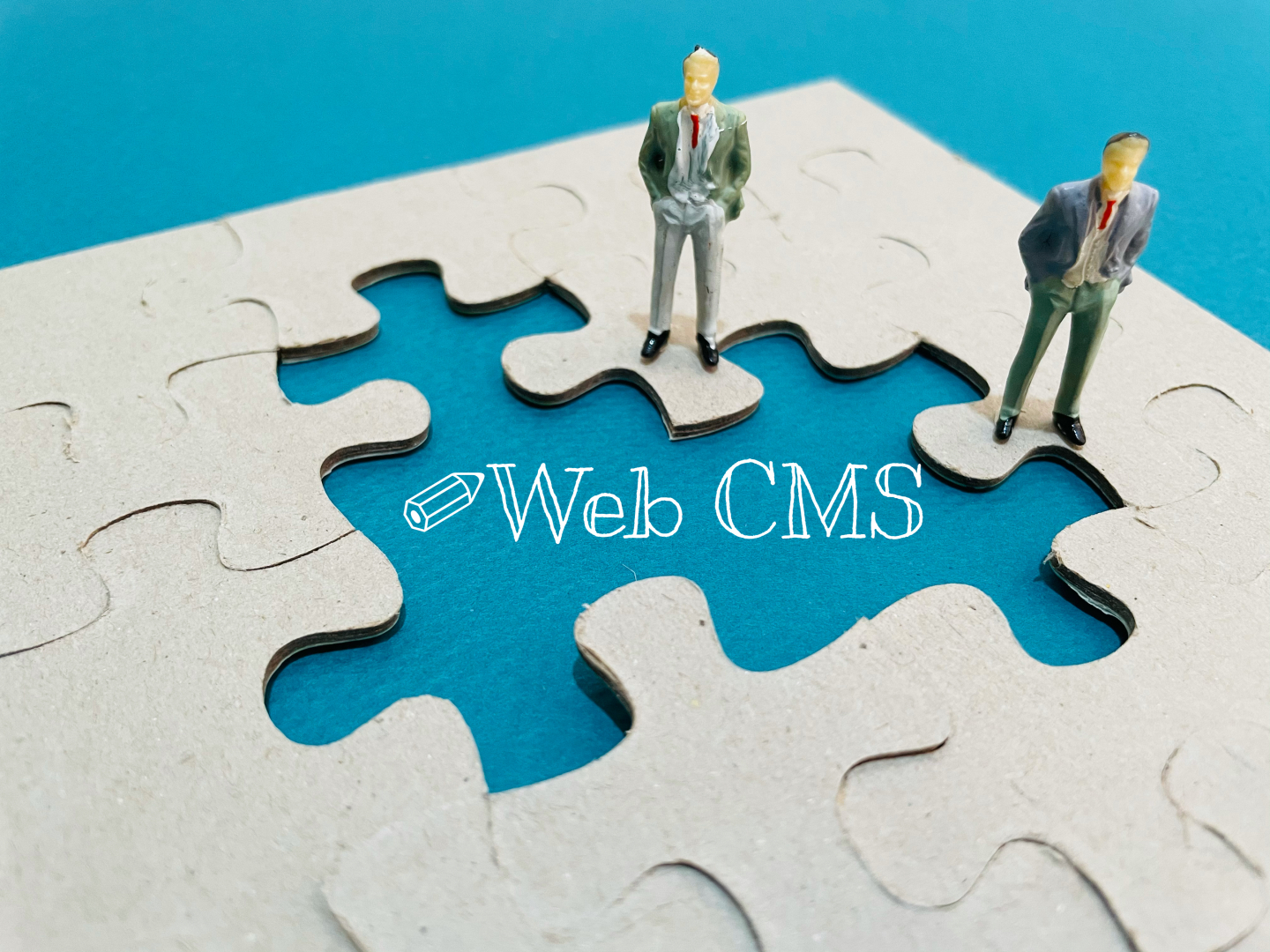WordPress advantages and disadvantages
Feltöltés dátuma:
We give you an overview of the pros and cons of WordPress websites so you can see how effective they can be for your business.
WordPress accounts for over 1/3 of the 10 million most popular websites on the web. Its market share has also been steadily growing over the past few years, rising from 29.9% to 33.4%.
In its early years, WordPress was just a blog platform. However, it is now the largest and one of the most popular content management systems (CMS) on the market. It has now become the industry's leading CMS.
When it comes to choosing the best platform to build a website, the name WordPress always comes up. This open source platform is the first choice of many bloggers for creating interactive websites, but also the website of many businesses. However, WordPress is facing stiff competition, especially with the growing popularity of Joomla and Drupal.
1. Advantages of WordPress
1.1 User-friendly CMS
Using a CMS like WordPress, the site administrator can edit pages, navigate the site's background and upload new content.
Without technical knowledge such as site management and coding skills, site owners or bloggers can edit and maintain their sites with easy-to-use features such as drag and drop.
1.2 Plug-in modules
One of the main advantages of WordPress is that it contains more than 45,000 plugins for almost every feature. No matter if you want to improve your SEO or analyse your site, you can find specific plugins for everything.
This means you don't have to write lines of code for every feature you want on your site. You just need to install the plugin and enjoy all the benefits of the feature on your site.
1.3 SEO-friendly
WordPress plugins are designed for SEO purposes and simplicity. Some people have a hard time with meta descriptions and tags. WordPress helps make these tags easy to use and understand.
WordPress is also a great teacher when it comes to optimization. It helps you identify your website's most commonly used phrases and words that can be used as keywords to make your website/blog more SEO-friendly, so more search engines can find your content.
1.4 Responsive websites
With the increasing use of mobile devices for internet browsing, a mobile-friendly website is vital for both user experience and search engine optimisation. Fortunately, most WordPress themes and designs are responsive, providing a perfect look and feel on mobile devices.
1.5 Open source community
One of the main advantages of WordPress is that it is an open source platform. This means that a developer can use, modify and study the code without having to create it from scratch. Being open-source software, WordPress developers can share code online with other developers. This saves you a lot of time and money writing a new codebase and less time creating major changes.

2. Disadvantages of WordPress
2.1 Customization
Unlike other drag and drop web development tools, WordPress is a fairly flexible tool. However, if you're not a WordPress expert, or you don't have a competent WordPress developer, you're going to face some serious problems.
Problems such as central updating WordPress can be confusing, as updating can break some of its functionality. Also, if you are not familiar with site design practices, that can also be a problem. Therefore, it is recommended that you involve an experienced WordPress developer in the creation of your site.
2.2 Vulnerability and data security
One of the major drawbacks of this CMS is that it can be vulnerable in several cases. Since WordPress is an open source platform, it opens the door to potential hackers.
To mitigate this risk, it is crucial to choose the right themes and plugins for WordPress websites. In addition, it is always worth assessing the quality of the WordPress plug-in before installing it.
2.3 Frequent updates
Installing WordPress is not enough. To make sure it works properly, you need to install several plugins and themes. The more plugins you use, the more compatibility challenges you will face.
In addition, frequent updates to the site can hinder its functionality, for example, plug-ins may stop working. Before updating your site, make sure you have a backup of your data.
3. Conclusion
Today and in the future, WordPress is the best content management software in the world. The advantages of WordPress are outweighed by its disadvantages: it's multifunctional, easy to use, free, search engine optimised, mobile friendly and, with the right attention, secure, making it the best website engine in the world. It's no coincidence that several large companies (Mercedes-Benz, Vouge, 24.hu, Magyar Nemzet, etc.) have chosen it.
General FAQs
If I had to give a very short and concise answer about WordPress, it would look like this:
What are the benefits of WordPress?
- Using a CMS like WordPress allows the site administrator to edit pages, navigate the site's background and upload new content without any technical knowledge.
- It has over 45,000 plugins for almost every feature.
- WordPress helps you identify the most commonly used phrases and words that can be used as keywords for SEO effectiveness.
- Most WordPress themes and designs are responsive!
- Wordpress has over 3500+ free templates available, while Joomla has 1000+ and Drupal has 2000+ templates.
- WordPress is an open source platform. This means that a developer can use, modify and study the code without having to create it from scratch.
What are the disadvantages of WordPress?
- Problems such as the central update of WordPress can cause problems, as the update can interrupt some of the functionality.
- In order to make sure it works properly, you need to install several extensions and themes. Frequent updates to your site can also hinder its functionality.
- It requires regular maintenance for security and plugins.
Sign up for our newsletter!
Sign up for our newsletter to be the first to know about our latest projects and technological innovations.
Predicting Trends and Demand: The Power of AI in Inventory Forecasting
Inventory management is a critical aspect of any business, influencing costs, customer satisfaction, and overall profitability. Traditionally, inventory forecasting relied on manual methods and historical data analysis, often resulting in inaccuracies and inefficiencies. However, with the advent of Artificial Intelligence (AI) and machine learning, businesses now have powerful tools at their disposal to predict trends and demand with unprecedented accuracy. In this article, we'll explore the transformative power of AI in inventory forecasting and how businesses can leverage these technologies to optimize their supply chain operations.
Navigating Regulatory Compliance and Legal Considerations with Utility NFTs
As utility Non-Fungible Tokens (NFTs) gain traction across various industries, it's crucial for developers, businesses, and users to navigate the legal landscape and ensure compliance with regulatory requirements. While utility NFTs offer innovative solutions for ownership, access control, and digital asset management, they also pose legal challenges related to intellectual property rights, securities regulations, data privacy, and consumer protection. In this article, we'll explore the key legal considerations and regulatory compliance issues associated with utility NFTs and provide guidance on how to navigate them effectively.

















